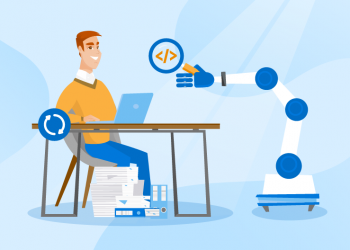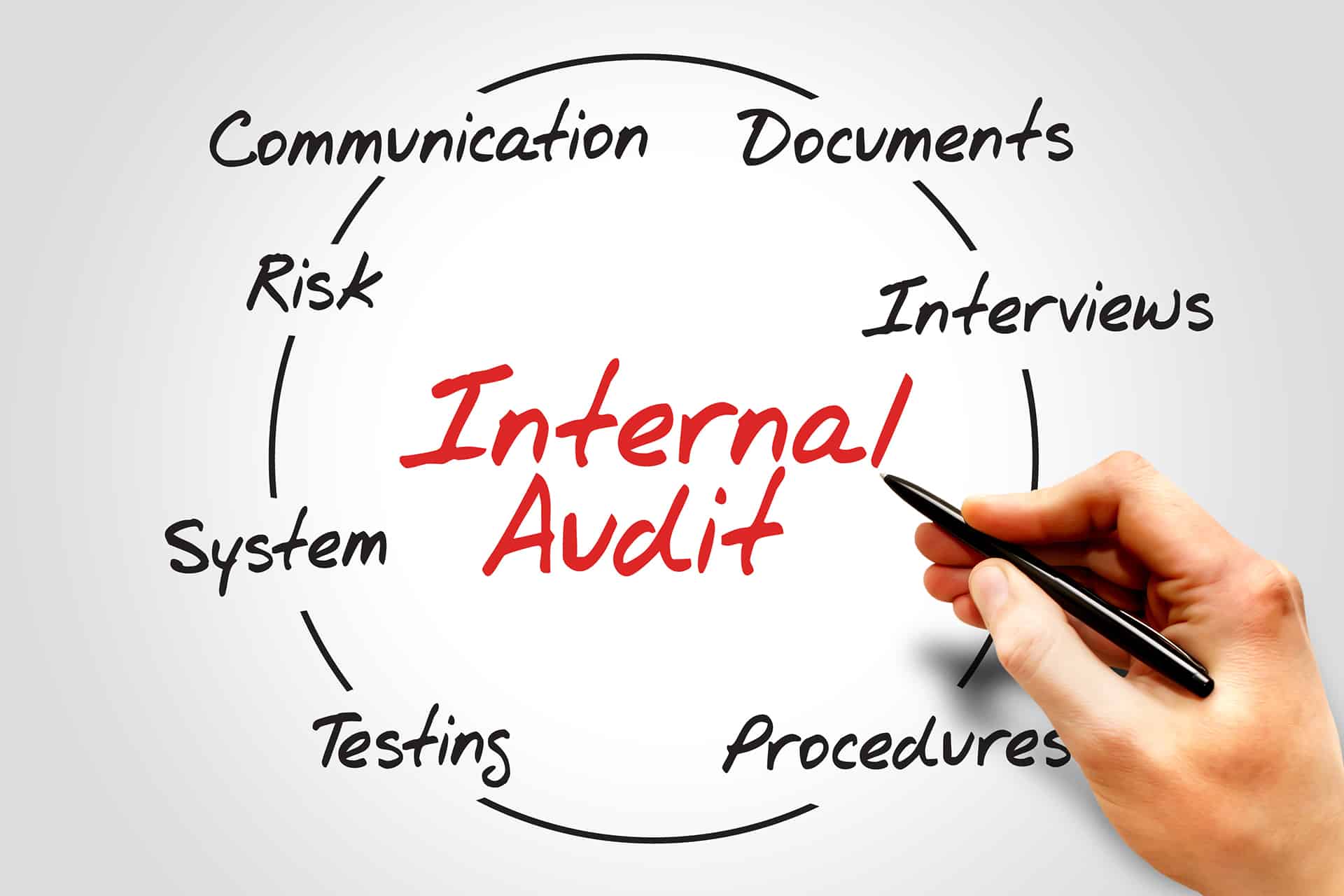Consuming media is almost a full-time job in the modern world. We are faced with multiple sources of media as well as several different ways in which to take it in. We have the traditional newspapers, magazines, radio, and even television sources, and only over the last decade or so have we also gained the ability to use the internet, email, texts, smartphones, e-readers, and tablets to take in information and to communicate with others. While there are many positives associated with these advancements, they may be having a serious impact on our mental health
Many studies highlight the ways in which media sources and new technologies contribute to depression and anxiety and the need to have wellness programs to optimize overall health.
Media Multitasking
With so many sources for taking in videos, articles, social media, books, and more, it can be tough not to do more than one thing at a time. If you have found yourself watching TV while also scrolling through Facebook on your smartphone and texting a friend, you are far from alone. Most of us today are guilty of splitting our attention between several things. The problem is that we lose focus, and no one person, show, or source of information gets our undivided attention.
Unfortunately, that is not the only problem. New research links media multitasking to an increase in depression and anxiety. Studies suggest a clear connection but not an explanation for the link. Over the last ten years, the use of media has risen by 20%, which does not seem like that much of an increase. More importantly, though, the amount of multitasking media use has increased by 120%. The researchers believe that the results are important but that more work needs to be done to clarify the link. The work raises questions about cause and effect: is media multitasking causing depression and anxiety, or do people with such disorders turn to media as a distraction or type of self-medication?
Night Time Light and Depression
Studies also show the effects of staying up late with computers, smartphones, tablets, and e-readers. With the advent of technology that you can take to bed, it can be hard to resist picking up your phone to check your email one last time or to read your latest e-book purchase. Unfortunately, that nighttime use may be affecting your mental health.
In one study, researchers investigated a type of cell in the eyes of mice, which we humans also have, called intrinsically photosensitive retinal ganglion cells. They are specialized to react to bright lights and have an effect on the parts of the brain dealing with memory, mood, and learning. The mice in the study were exposed to light for three and a half hours and then darkness for the same amount of time. The changing light did not affect their sleep patterns but did result in symptoms and behaviors of depression. They became lethargic, refused sugary treats, and generally did not seek out pleasure. The mice were found to have elevated levels of cortisol. They were given Prozac, which returned their behaviors to normal. This further proved that the light experiment had caused depression. For humans, this study demonstrates that we need to be aware of exposure to light after the sun goes down. We should keep lights dimmer and avoid too much use of electronic devices before bed.











